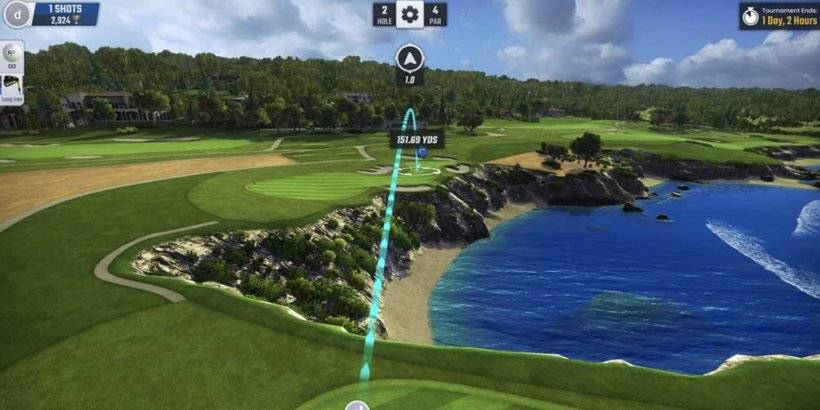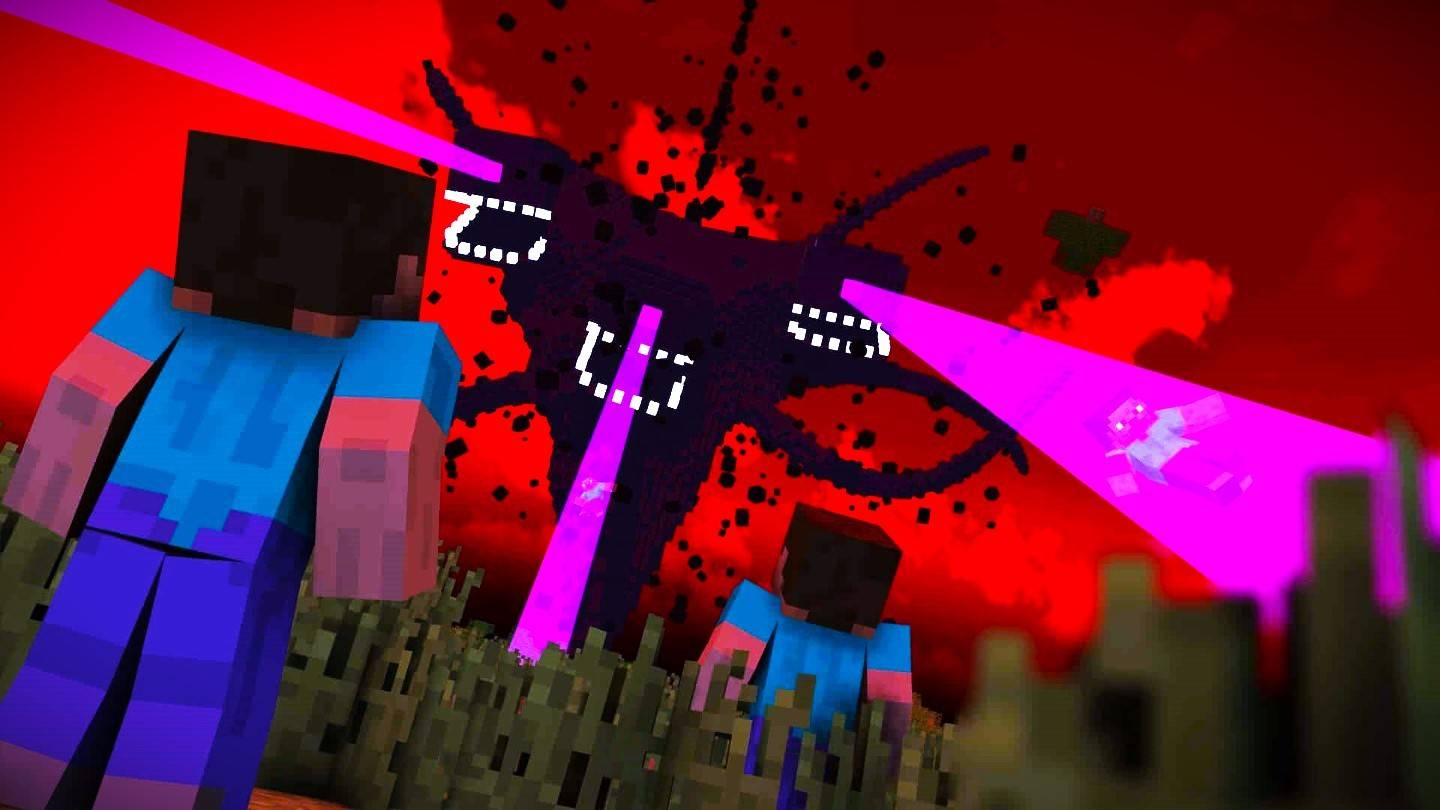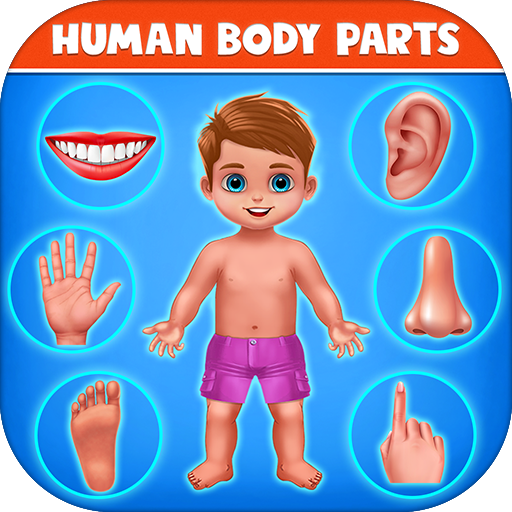The past 48 hours have been tumultuous for both economics enthusiasts and Nintendo fans alike. On Wednesday, the gaming world was hit with the news that the Nintendo Switch 2 would retail at $450 in the United States. Analysts attribute this steep pricing to a mix of anticipated tariffs, inflation, competition, and rising component costs.
The situation escalated further when the Trump Administration announced sweeping 10% tariffs on nearly every country, with significantly higher tariffs targeting nations like China, the EU, Japan, Vietnam, Canada, Mexico, and others. In retaliation, China swiftly imposed a 34% tariff on all U.S. goods. Amidst this chaos, Nintendo decided to postpone pre-orders for the Nintendo Switch 2 in the U.S. to assess the impact of these tariffs on their console plans.
This unfolding scenario is unprecedented and has left analysts, experts, and the public grappling to understand its ramifications. Just minutes before Nintendo's pre-order announcement, I had the opportunity to discuss these developments with Aubrey Quinn, a spokesperson for the Entertainment Software Association (ESA).
The ESA, like many organizations, is still navigating the complexities of the new tariff landscape. Quinn noted that while tariffs were anticipated due to Trump's previous policies and campaign rhetoric, the extent of retaliation from countries like China and potential future U.S. levies remain uncertain.
Despite the uncertainty, the ESA is clear on one point: these tariffs will negatively affect the video game industry. Quinn emphasized, "We really are, at this point, just watching and trying not to have knee-jerk reactions, because we don't think that what President Trump announced this week is the end of the story, but what was announced this week and the tariffs as outlined, we do expect these tariffs will have a real and detrimental impact on the industry and the hundreds of millions of Americans who love to play games. And so our goal is to work with the administration, to work with other elected officials to try to find a solution that doesn't damage U.S. industries, U.S. business, but also American gamers and families."
Quinn highlighted that the impact would extend beyond just the cost of gaming systems. She pointed out that consumer spending would be affected, leading to reduced company revenues, which could in turn impact jobs, research and development, and the future of gaming consoles. "The entire consumer ecosystem is connected," she stated.
In response to the tariffs, the ESA is actively engaging with policymakers. Although the Trump Administration has been in office for only two months and consists largely of new appointees, the ESA is working to establish connections and convey the industry's concerns. Quinn mentioned, "But yes, the short answer is we know who the conversations need to be happening with, and we are working on making connections and making sure that they understand that we are eager to work with them to find solutions that this is about public, private sector conversations happening, so we can understand and make sure that they see the impact and the risk of impact to business, to consumers, and really everything that's happening within the US borders."
The ESA has joined a coalition of trade associations to voice their concerns to U.S. Trade Representative Jamieson Greer and is seeking meetings with various legislators and administration members. When asked if these efforts are being noticed, Quinn affirmed, "Yes. I can tell you conversations are happening with... I don't want to say every level. I've not met with Trump, right? So I don't want to say every level of government, but certainly we've met with members of the administration. We've met with employees at the White House, we've met with employees at USTR [the office of the United States Trade Representative], so yes, we are having conversations and we're also doing that in partnership with other associations to make sure that... This isn't a video game issue. I represent the video game industry, so I'm very aware of the impact on the video game industry, the potential impact, but it's not a video game industry. This is going to affect all consumer products from food to fashion to electronics."
For concerned consumers, Quinn suggested reaching out to their representatives through letters, calls, emails, and social media to express their worries. She believes that the more government officials hear from their constituents, the greater the chance for impactful change. "I think the more members of government, elected officials, and their staff who hear that their constituents are concerned, the more likely we are to be heard and to potentially make an impact."
Just after our conversation, Nintendo announced the delay of Nintendo Switch 2 pre-orders due to the tariffs. When asked about this, Quinn clarified that the ESA does not comment on actions taken by individual companies. However, she acknowledged the unfortunate timing of the Switch 2 reveal coinciding with Trump's tariff announcement and stressed the broader impact on the gaming industry. "You know what? It's been interesting with media coverage around video games and tariffs because just unfortunate coincidental timing that the Switch [2 reveal] was the same day as President Trump's announcement. There are so many devices we play video games on. There are other consoles, but as I was saying, VR headsets, our smartphones, people who love PC games, if we think it's just the Switch, then we aren't taking it seriously. This is going to have an impact."
Quinn concluded by emphasizing the industry-wide impact of the tariffs, noting that even American-based companies rely on global supply chains. "And even American-based companies, they're getting products that need to cross into American borders to make those consoles, to make those games. And so there's going to be a real impact regardless of company. This is company-agnostic, this is an entire industry. There's going to be an impact on the entire industry."
 Home
Home  Navigation
Navigation






 Latest Articles
Latest Articles










 Latest Games
Latest Games












